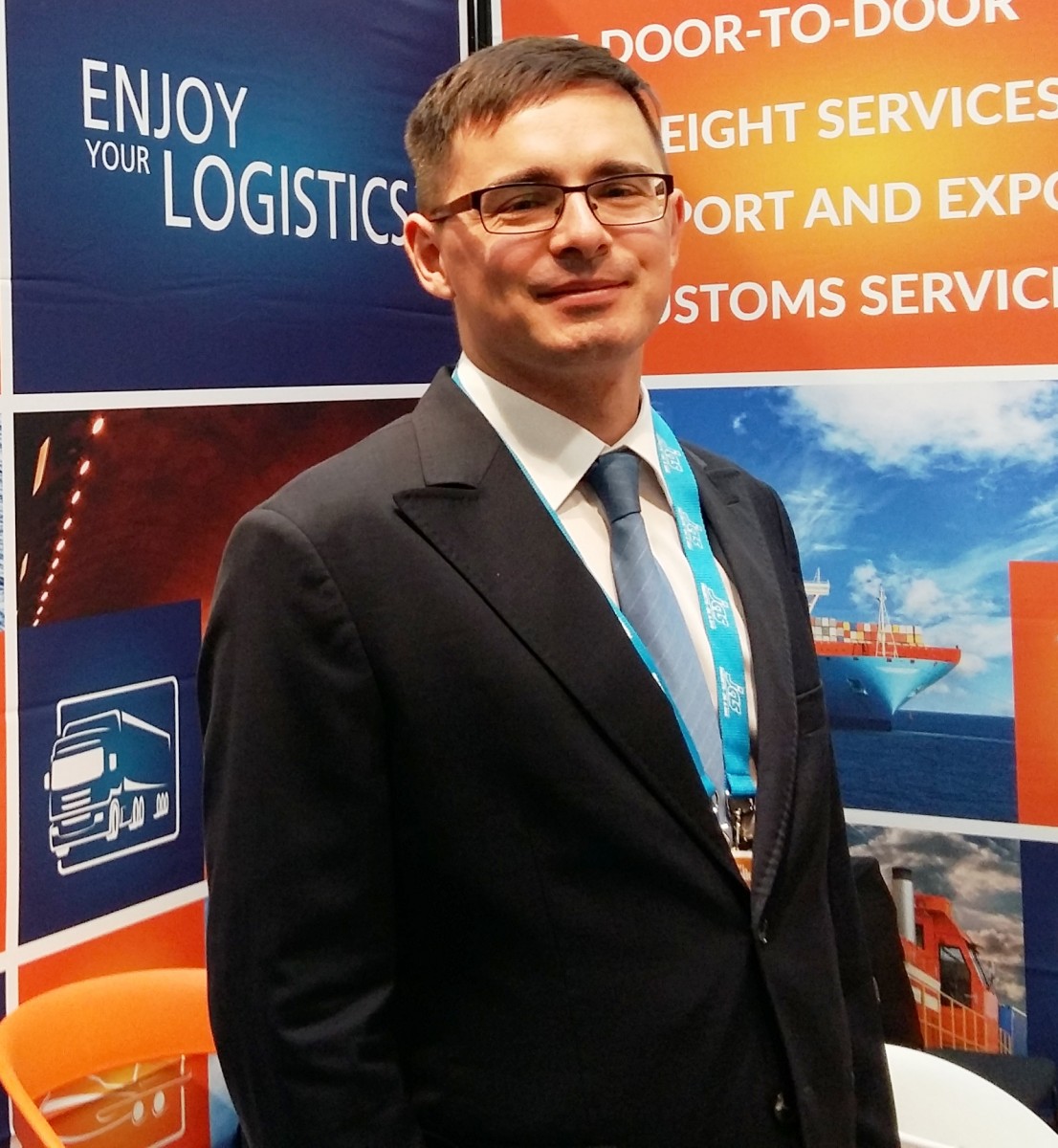Covering an area of 800,000 km², Borneo is the world’s third-largest island after New Guinea and Greenland. This exotic place is more than 10,000 km away from Poland and is known for its tropical forests, orangutans and proboscis monkeys, and oil deposits.
In January 2021 the AsstrA-Associated Traffic AG international corporate group provided a client with a multimodal solution to transport an oversized cargo shipment of oil industry equipment from the Polish city of Plock to Sarawak, the Malaysian part of Borneo.
The transport of oversized goods over long distances is usually performed with at least two different modes of transport. Such transport projects require detailed planning and careful preparation of all necessary documentation, permits, and insurance coverage.
Experts from the AsstrA Oversized Cargo Division in Gdansk office shared some details about this project and the current challenges of sea transport.

Janusz Bulinski
“Discussions with the client regarding the conditions, rates, and cargo preparation began in December 2019. In addition, the coronavirus pandemic delayed production and the formal start of the project was postponed to mid-September 2020. At the end of October, we obtained the necessary road permits and we are able to start loading work”, recalls Janusz Bulinski, Head of Sea Freight at AsstrA.
The 45-ton capsule for manufacturing oil-industry rotors left the Polish town of Nowa Biala, near Plock, to the German port in Bremerhaven by a low-floor truck. Then, the element went by sea to the port of Klang in Malaysia and then onward to Bintulu in Sarawak, the northern part of Borneo. Delivery to the final recipient took three months.
The Covid-19 pandemic has severely disrupted the functioning of maritime transport. Rates quadrupled, leading to shipments delayed for up to several months.

Tomasz Adamowicz
“Sea-line shipping takes place on fixed routes according to specific schedules. At the beginning of the pandemic, there was a decline in the number of shipments from Chinese ports and ship-owners canceled departures from Asia. When an operator decides to exclude a vessel from the schedule it is called blank sailing. Usually, blank sailing is the result of reduced demand for exports, for example around holidays. Currently, however, cargo consignees are fighting for vessel space. Growing amounts of cargo and anchored ships mean sky-high freight rates. However, the coordination of the Borneo project went according to plan”, says Tomasz Adamowicz, a Specialist in the Oversized Cargo Division at AsstrA.
2021 continues to be a year of uncertainty for maritime transport. Ports are crowded, containers are in short supply, and transport rates are rising. There are many examples of production being suspended and shipments delayed as businesses wait for the global situation to improve. Last year’s lesson remains true: be flexible, respond quickly, and adapt to changing circumstances.

 Career
Career


